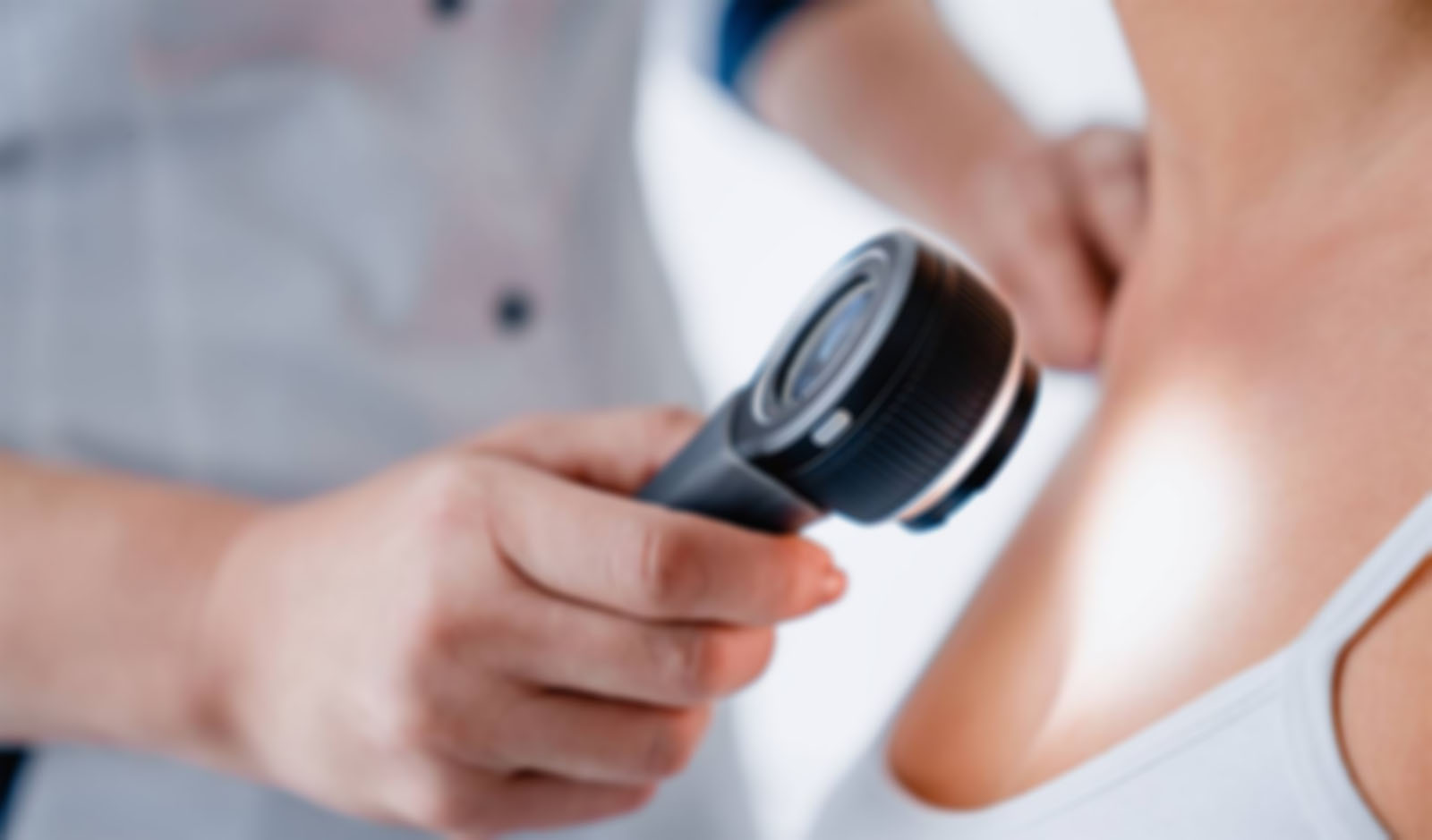Services
Skin Cancer Checks
Our comprehensive skin cancer check is a full-body examination conducted by highly trained specialists who meticulously assess your skin from head to toe. We carefully evaluate moles, freckles, and other irregularities to detect any early signs of skin cancer, ensuring you receive proactive care and peace of mind.

FAQs
Skin Cancer Checks FAQs
Frequently Asked Questions about Skin Cancer Checks
Why is a skin cancer check important in Australia?
Australia has one of the highest rates of skin cancer in the world due to intense sun exposure. Regular skin cancer checks are essential for early detection, which can significantly improve treatment outcomes for conditions like melanoma, basal cell carcinoma, and squamous cell carcinoma.
Who should consider having a skin cancer check?
Anyone can benefit from a skin cancer check, but it’s particularly important for Australians with fair skin, a personal or family history of skin cancer, or a high number of moles. Those who spend extensive time outdoors or have noticed any changes in their skin should also consider scheduling an appointment.
How should I prepare for my skin cancer check appointment?
For the most effective examination, avoid wearing makeup, lotions, or sunscreens on the day of your appointment. Choose loose, comfortable clothing that allows easy access to all areas of your body. It’s also helpful to note any changes or new spots on your skin beforehand so you can discuss them with your specialist.
What can I expect during a skin cancer check?
During your appointment, a highly trained specialist will conduct a full-body examination, carefully inspecting moles, freckles, and any skin irregularities. They may use specialized tools, such as dermatoscopes, to get a closer look at suspicious areas. The process is designed to be thorough yet comfortable, ensuring that any early signs of skin cancer are detected promptly.
How often should I have a skin cancer check?
The frequency of your skin cancer checks will depend on your individual risk factors and history of skin cancer. In general, it’s recommended to have a skin cancer check at least once a year, but your specialist may recommend more frequent examinations if you have a higher risk profile.
What happens if something suspicious is found during the check?
If your specialist detects any suspicious moles or skin irregularities, a biopsy may be performed during the check. Depending on the results latterly, further treatment options may be discussed, including surgical removal, or ongoing monitoring. Early detection allows for timely treatment, which is key to achieving the best possible outcome.
